Every city has a history woven with tales of development, struggle, and occasionally, disaster. Halifax, a quiet, picturesque town in Canada, harbors one such tragic event deep within its past: The Halifax Explosion. A catastrophe that rocked not only the city, but also the world, with its extent and consequences. The incident marked a devastating day in human history.
The Cause: A Collision that Sealed the Fate
The morning of December 6, 1917, started like any other for the residents of Halifax, Nova Scotia, until the calm was shattered by a catastrophic event. The cause? A disastrous collision in the Halifax Harbor between two ships: The SS Mont-Blanc, a French cargo ship loaded with wartime explosives, and the SS Imo, a Norwegian vessel.
The Mont-Blanc was fully loaded with a deadly cocktail of explosives, including TNT, picric acid, guncotton, and benzol, intended for the war efforts in Europe during World War I. The Imo, running late and moving at a high speed, collided with the Mont-Blanc in the narrowest part of the harbor, setting off a spark that ignited the benzol stored on the deck of the Mont-Blanc.
The crew of the Mont-Blanc, realizing the inevitable catastrophic consequence, abandoned the ship and fled to the nearby shores, warning as many people as they could. But the imminent disaster was not understood by many, and curious onlookers gathered to watch the spectacle of the burning ship.
Approximately 20 minutes later, the unthinkable happened: the burning Mont-Blanc exploded.
The Explosion: Catastrophe Unleashed
The Halifax explosion was the largest man-made explosion before the advent of nuclear weapons, releasing energy equivalent to about 2.9 kilotons of TNT. The blast wave radiated across the harbor and the city, instantly flattening over 2 square kilometers of the city, reducing buildings, homes, factories, and ships to rubble.
The casualties were unprecedented. More than 1,900 people were instantly killed, and an estimated 9,000 were injured, many severely. Approximately 25,000 residents, almost half of Halifax’s population, were left without adequate shelter. Additionally, a tsunami created by the explosion wiped out Mi’kmaq First Nation people who had lived in the Tufts Cove area for generations.
Aftermath: Rising from the Ashes
In the aftermath of the explosion, Halifax was a city in ruins. But amidst the tragedy, stories of resilience, heroism, and humanity emerged. Rescue teams, medical personnel, and volunteers from across Nova Scotia and neighboring provinces and states rushed to provide relief.
Telegraph operator Vince Coleman, realizing the impending disaster, chose to stay behind to warn an incoming passenger train, saving countless lives, but losing his own in the process. His story is just one of the many tales of bravery that day.
In the years that followed, Halifax faced the monumental task of rebuilding. Reconstruction efforts were funded by Canadian government assistance and international aid, including a significant donation from Boston, which sends a Christmas tree to Halifax each year to this day as a symbol of their continued friendship.
The city gradually reconstructed itself, rebuilding structures, communities, and lives, transforming the scarred cityscape into a vibrant and bustling city once again. Today, the Halifax Explosion is remembered through various memorials scattered around the city, and the incident remains a significant part of the city’s rich history.
Here are some rare historical photographs that depict the intensity and the aftermath of the Halifax Explosion.


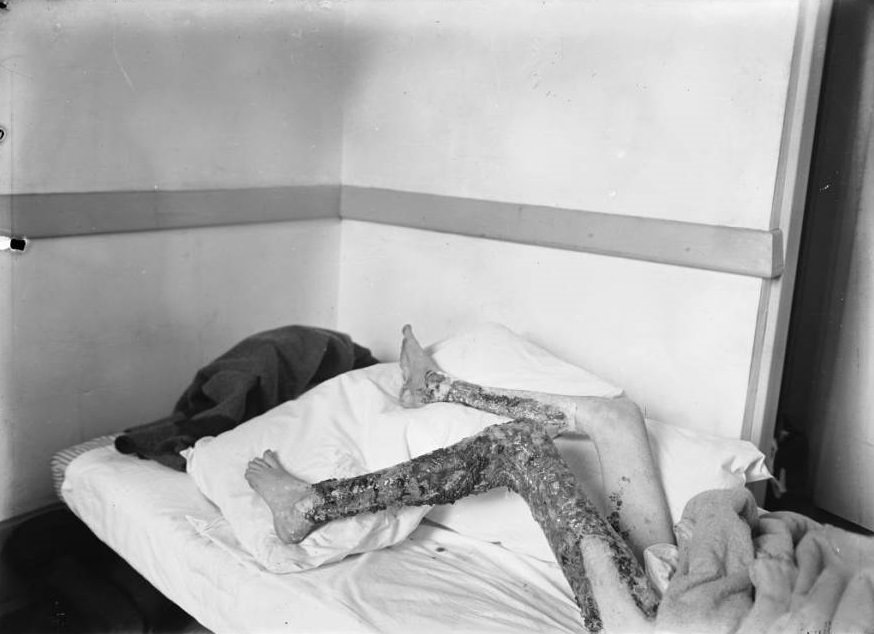
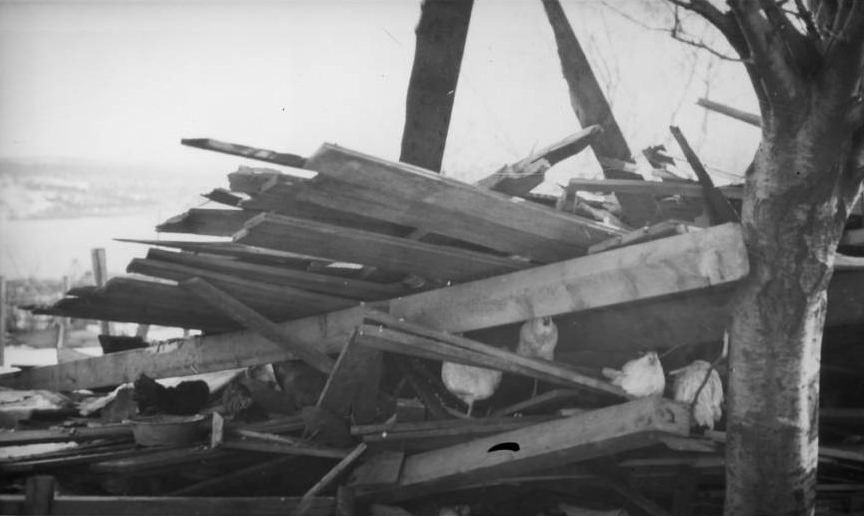
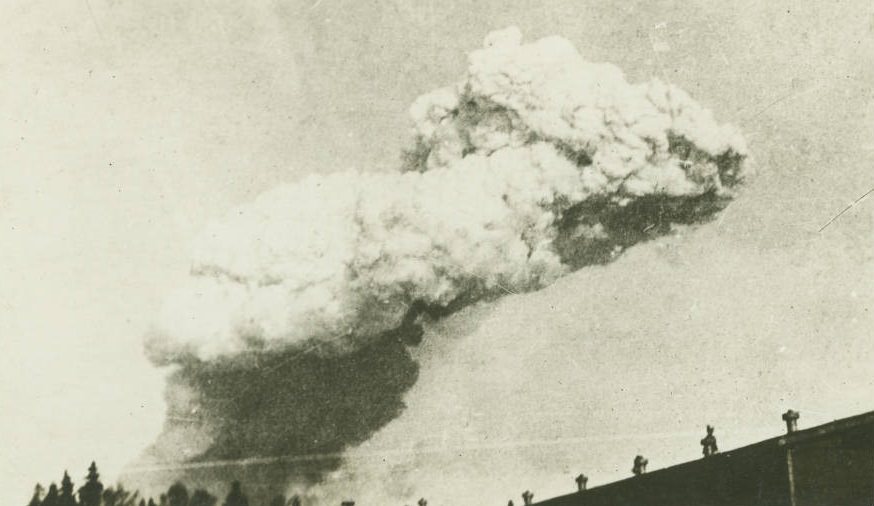
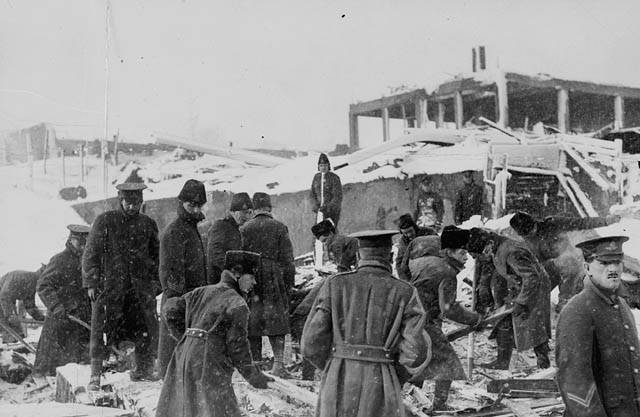
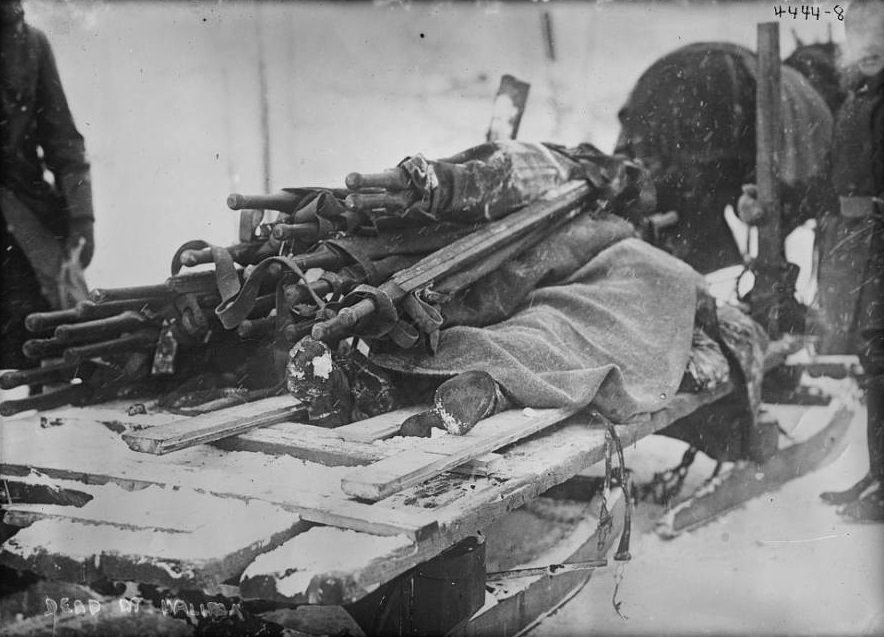
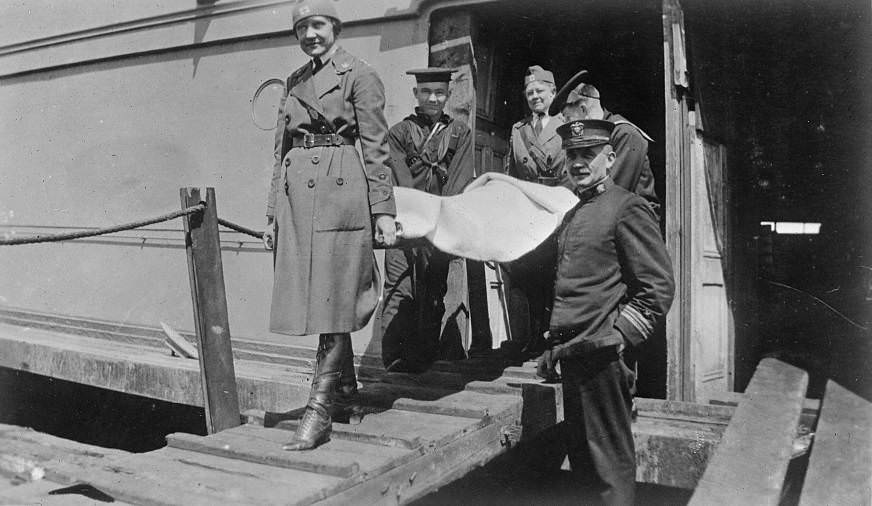
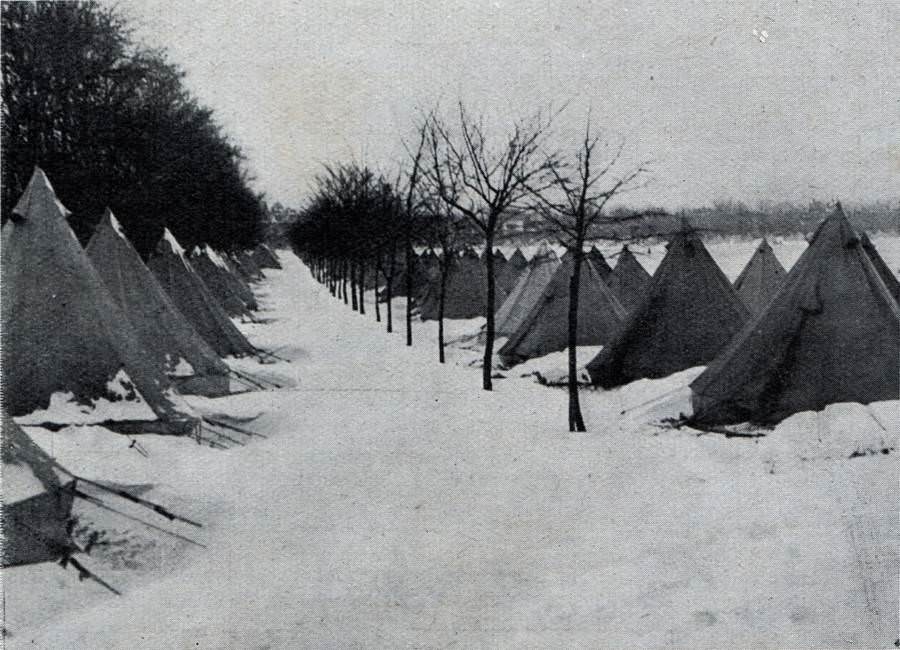
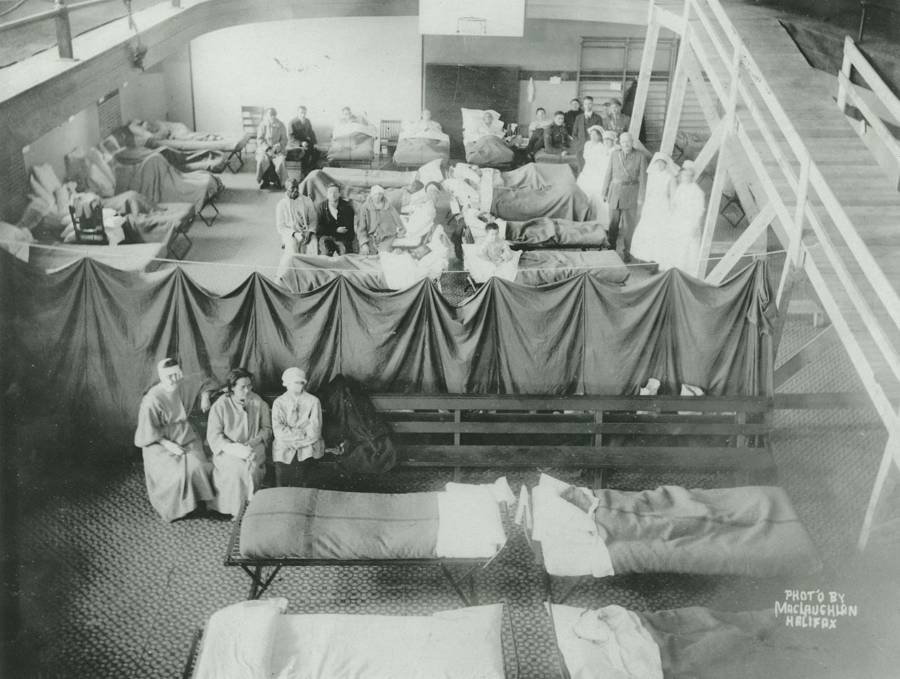
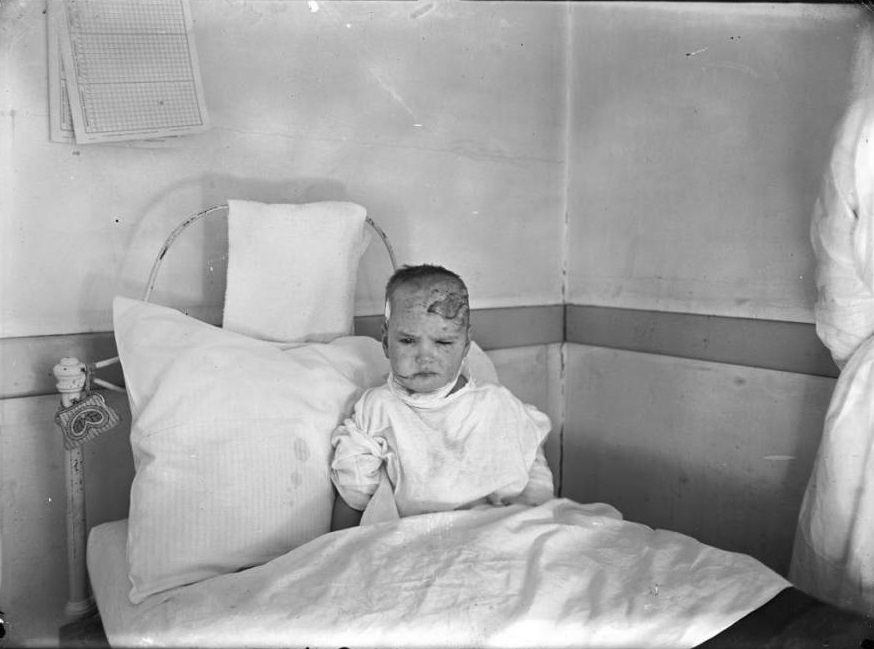
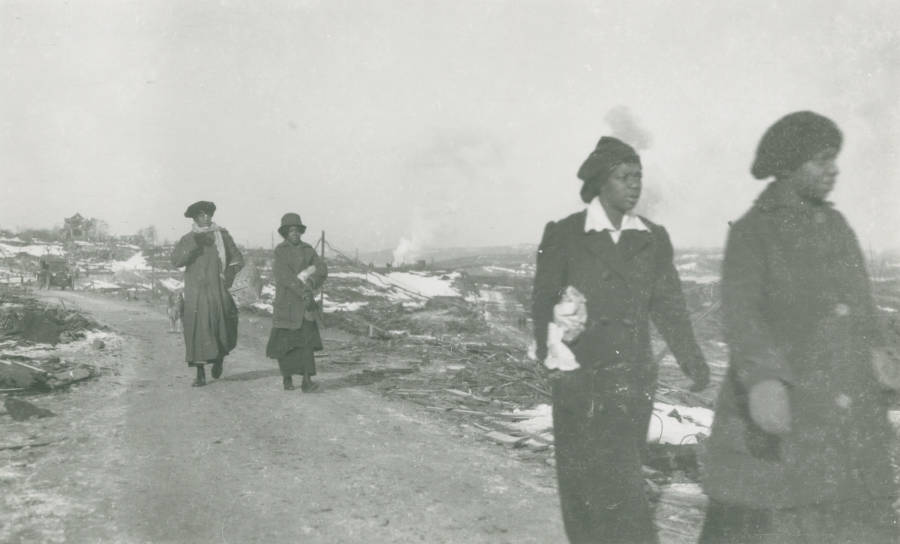
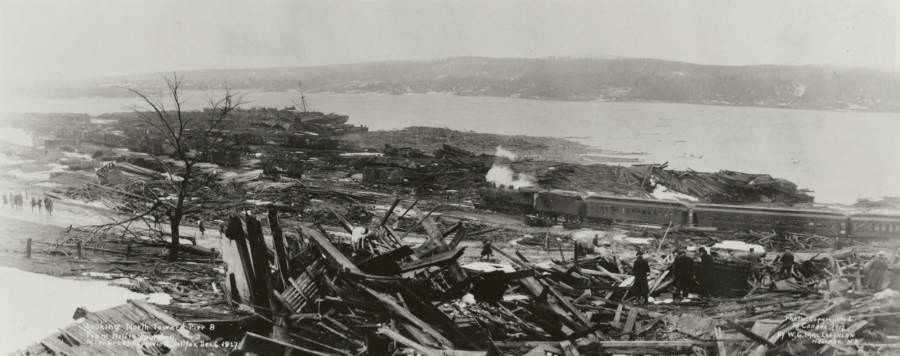
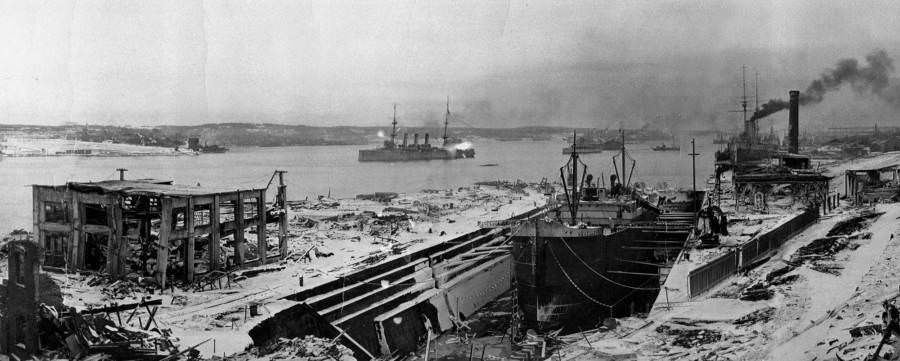
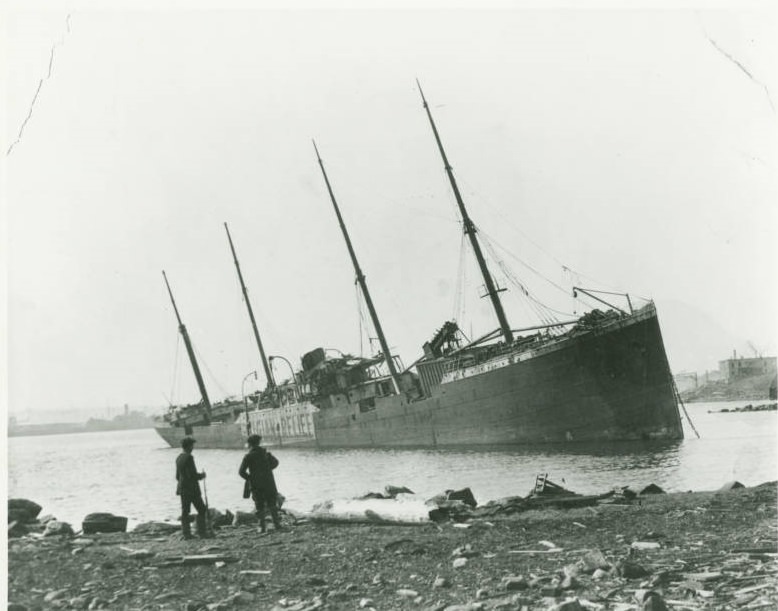
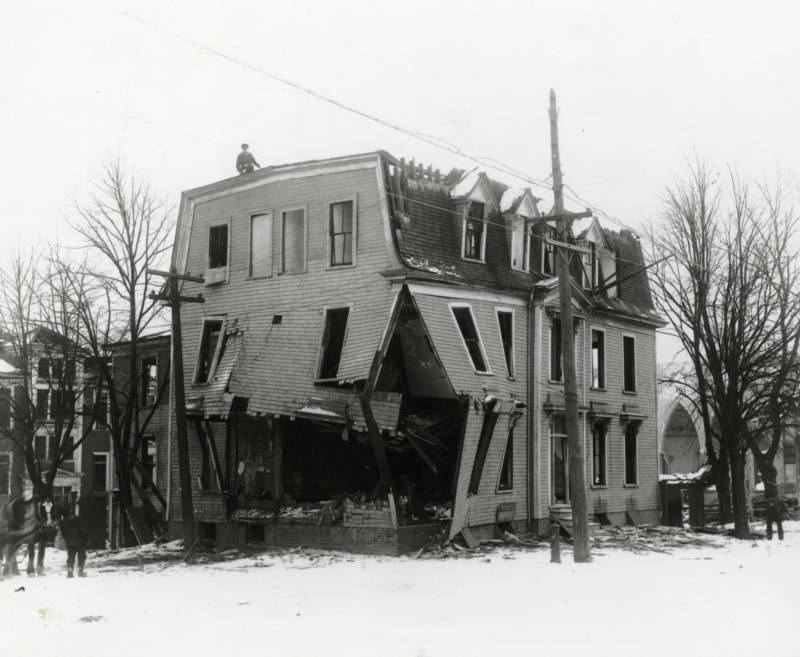
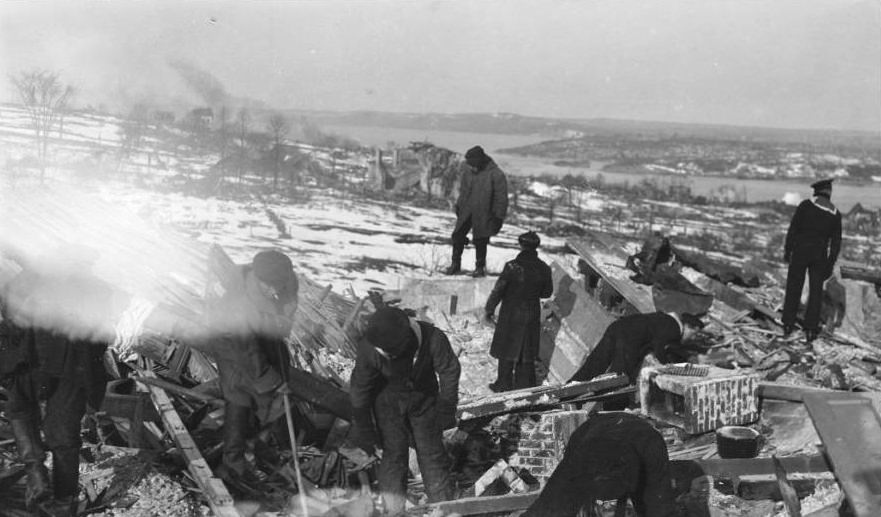
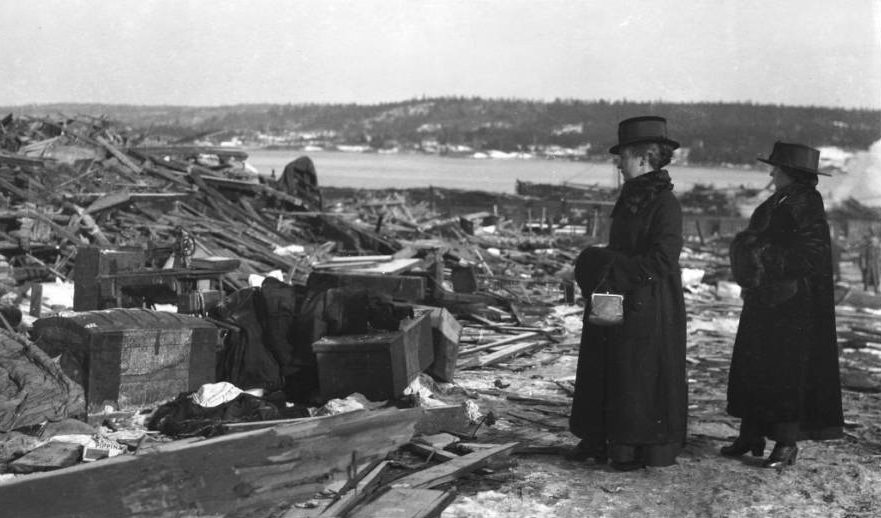
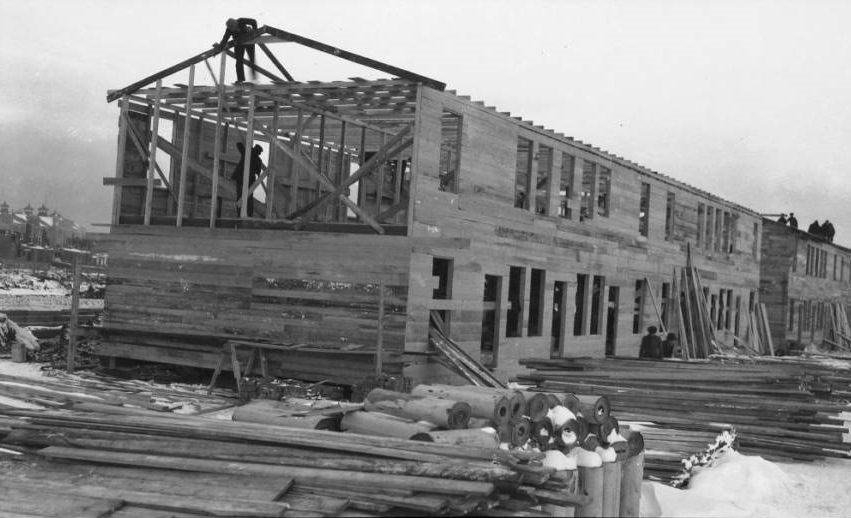
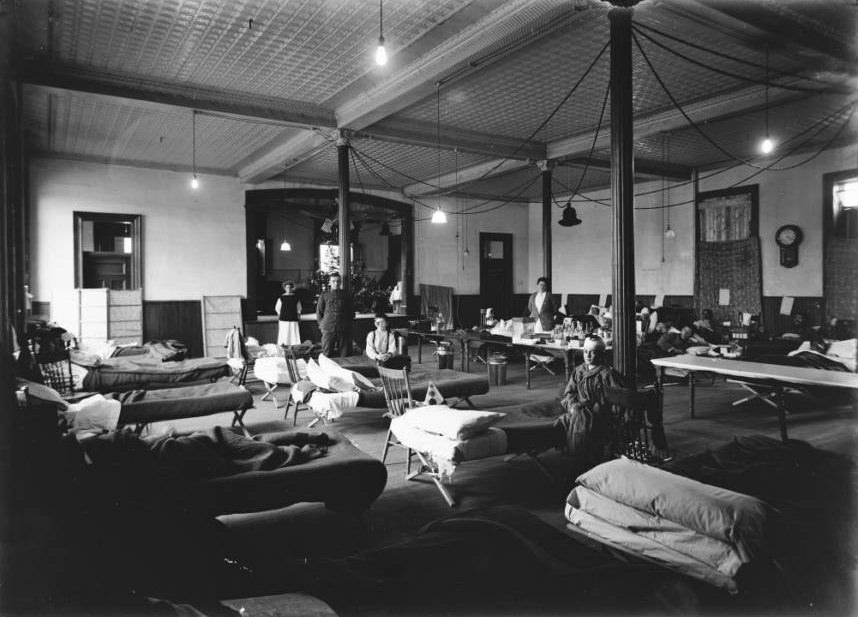
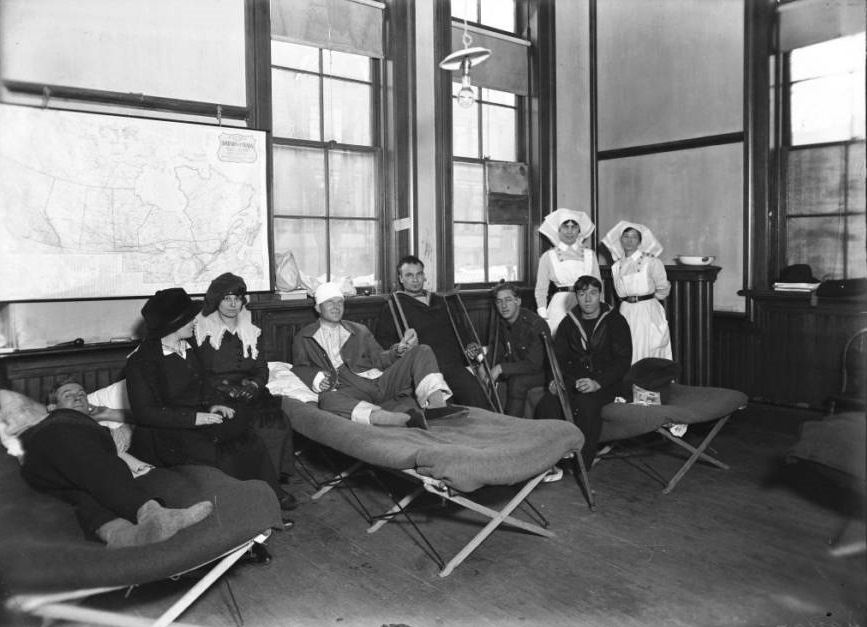
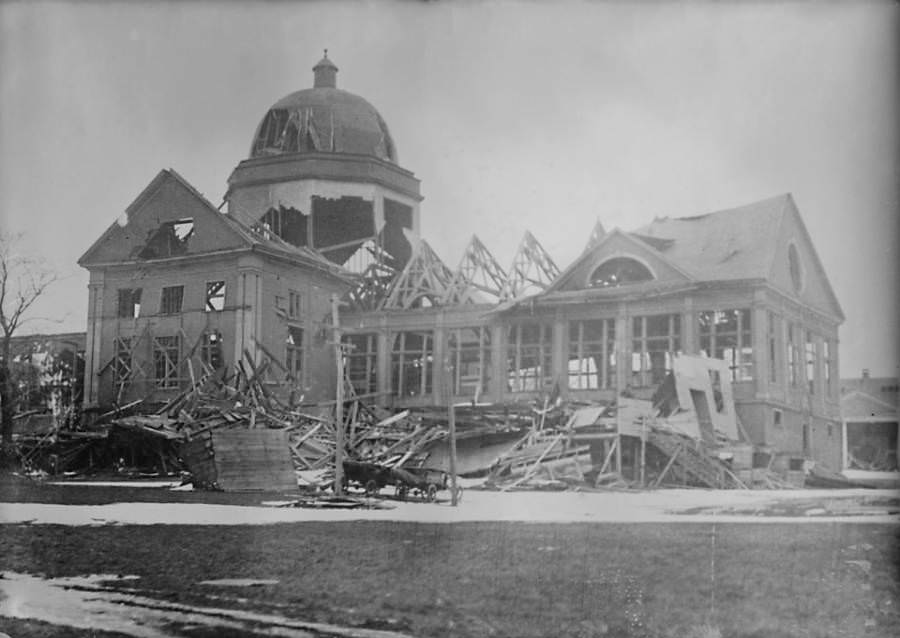
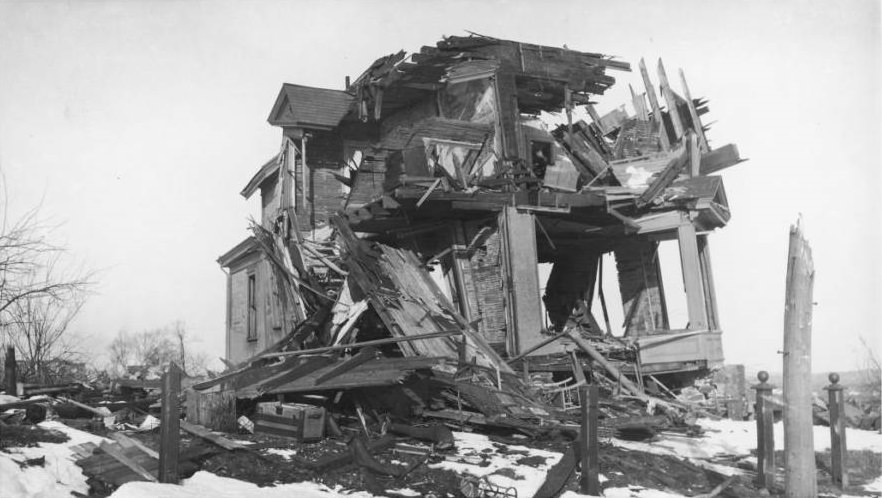
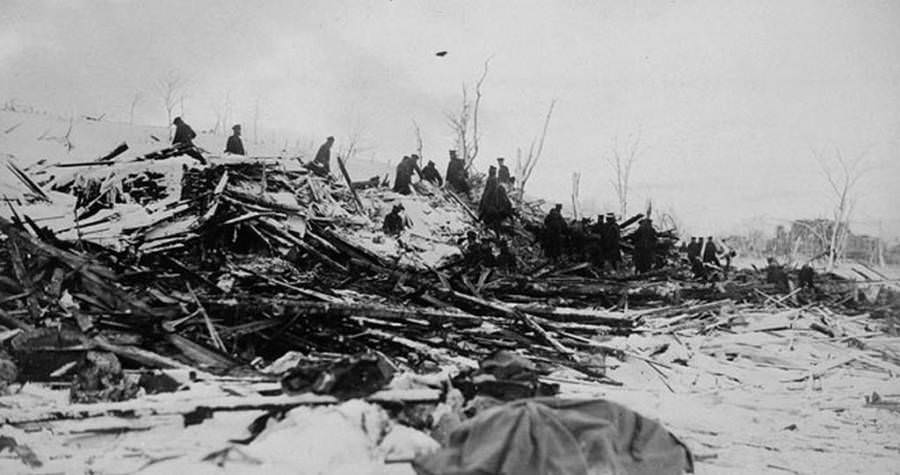
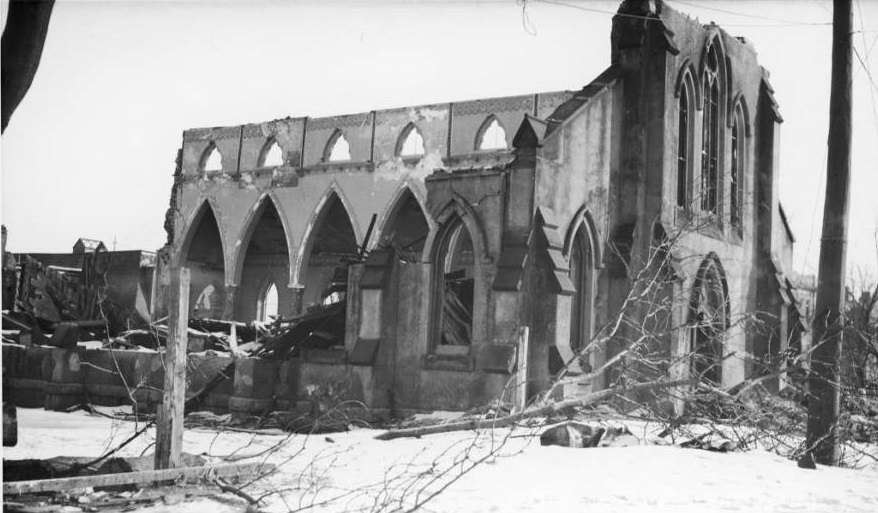
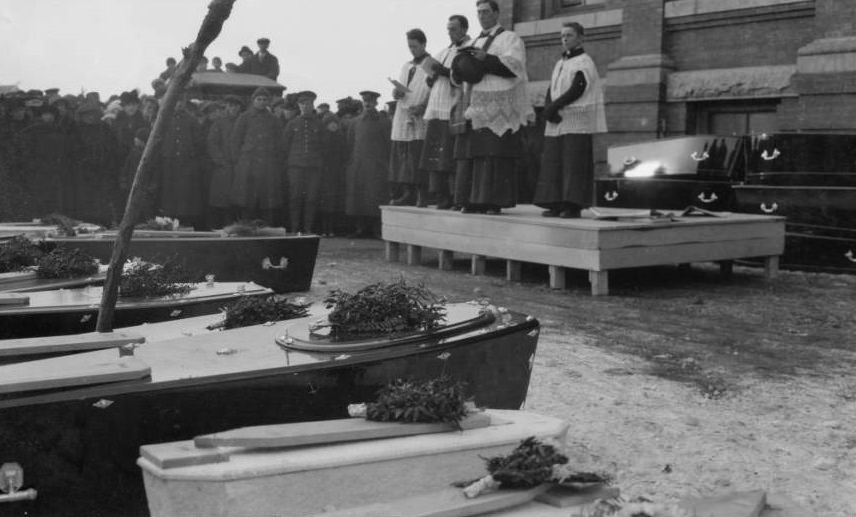
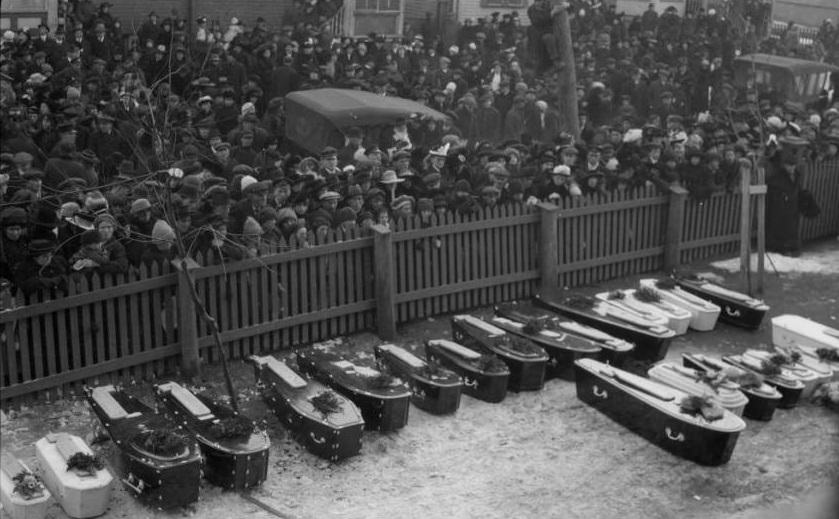
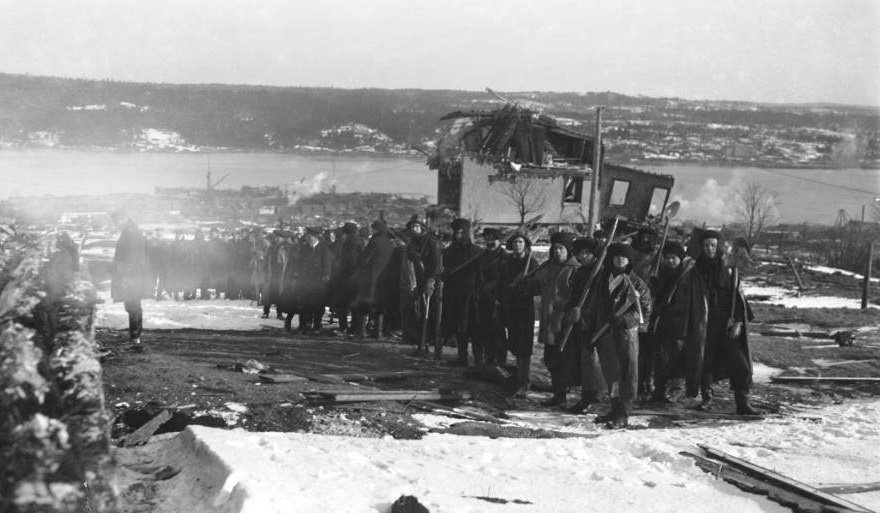
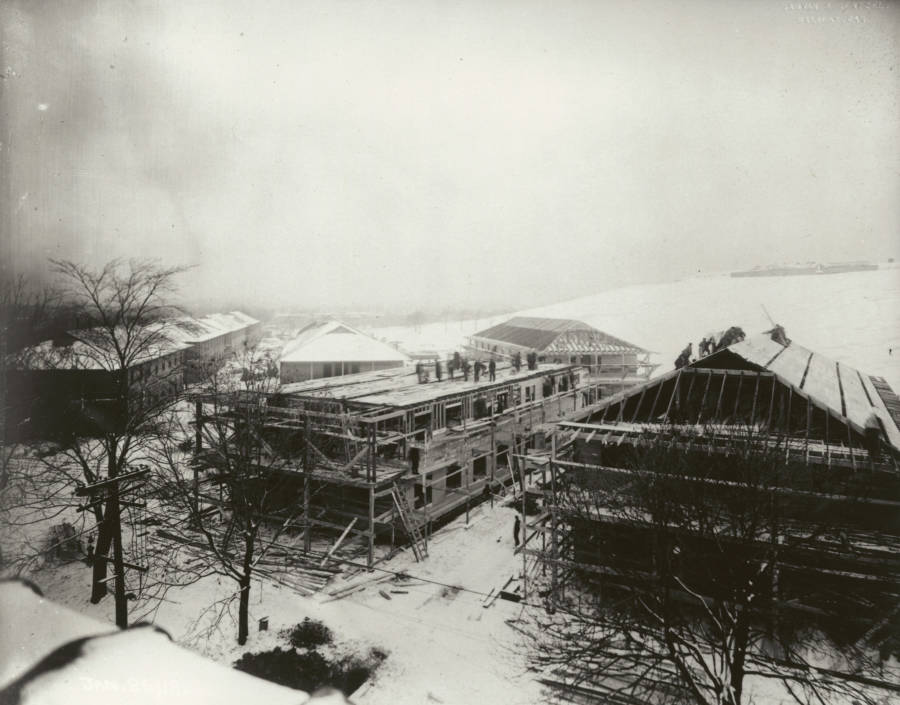
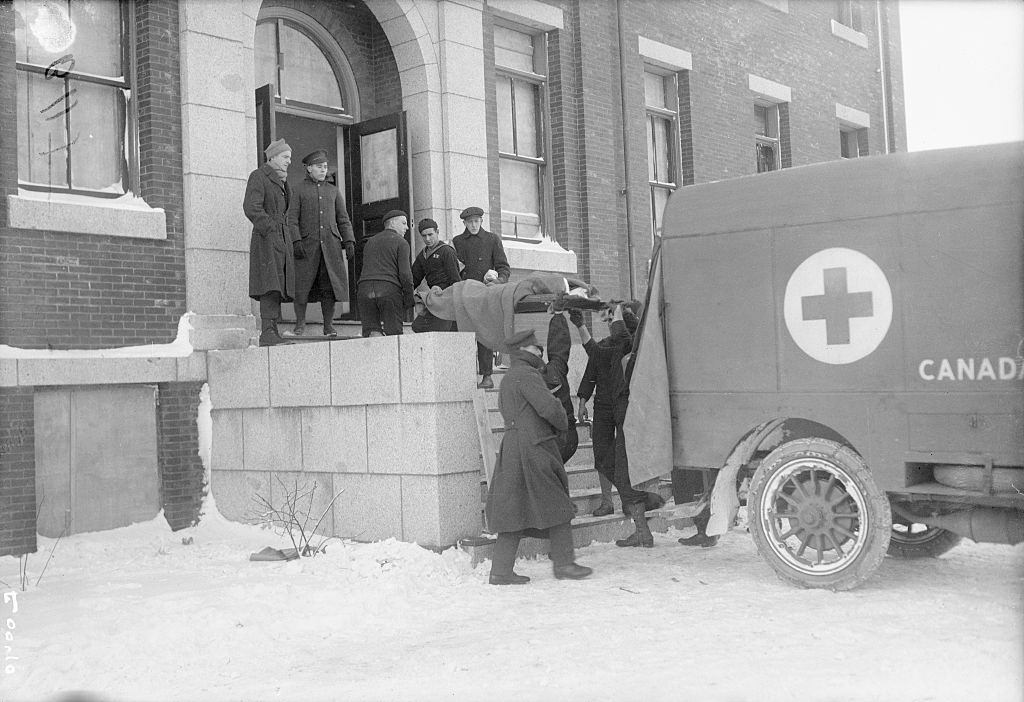
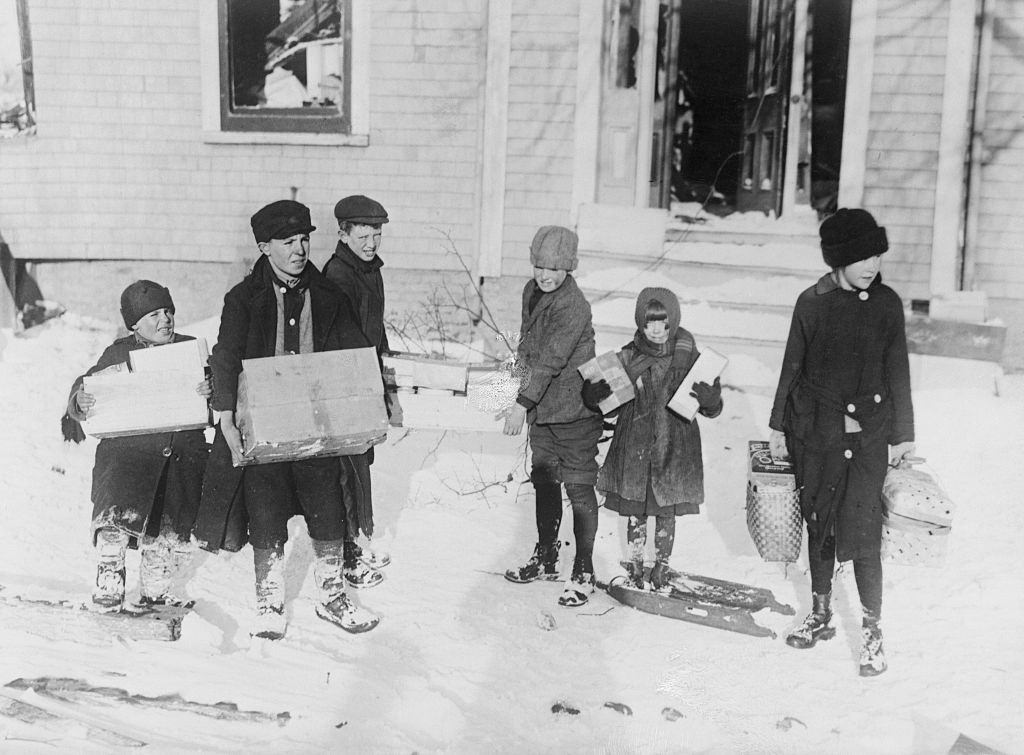
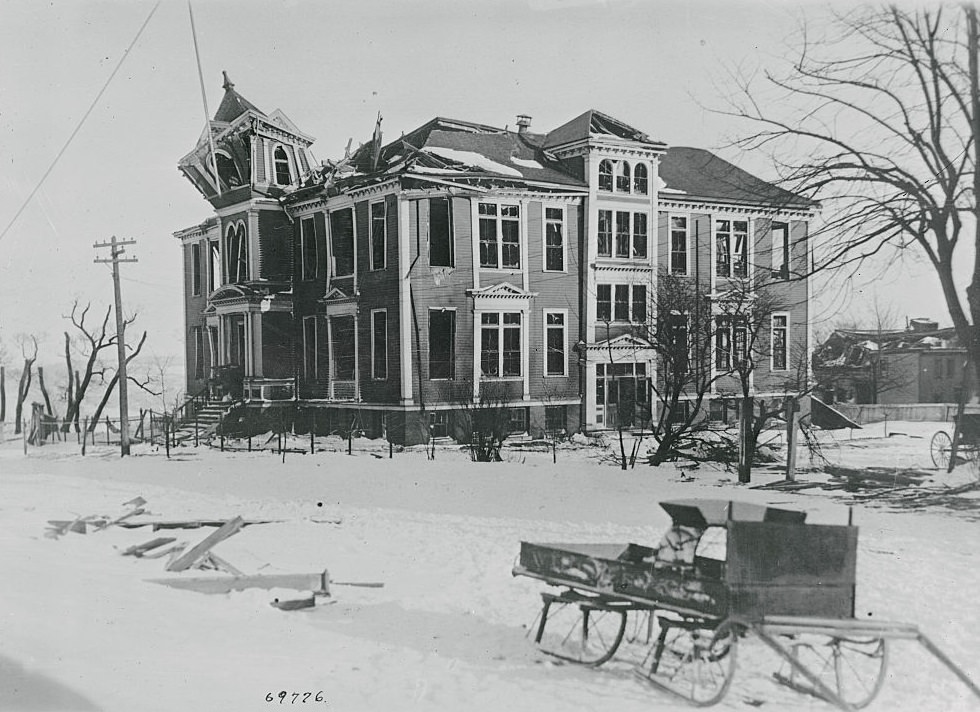
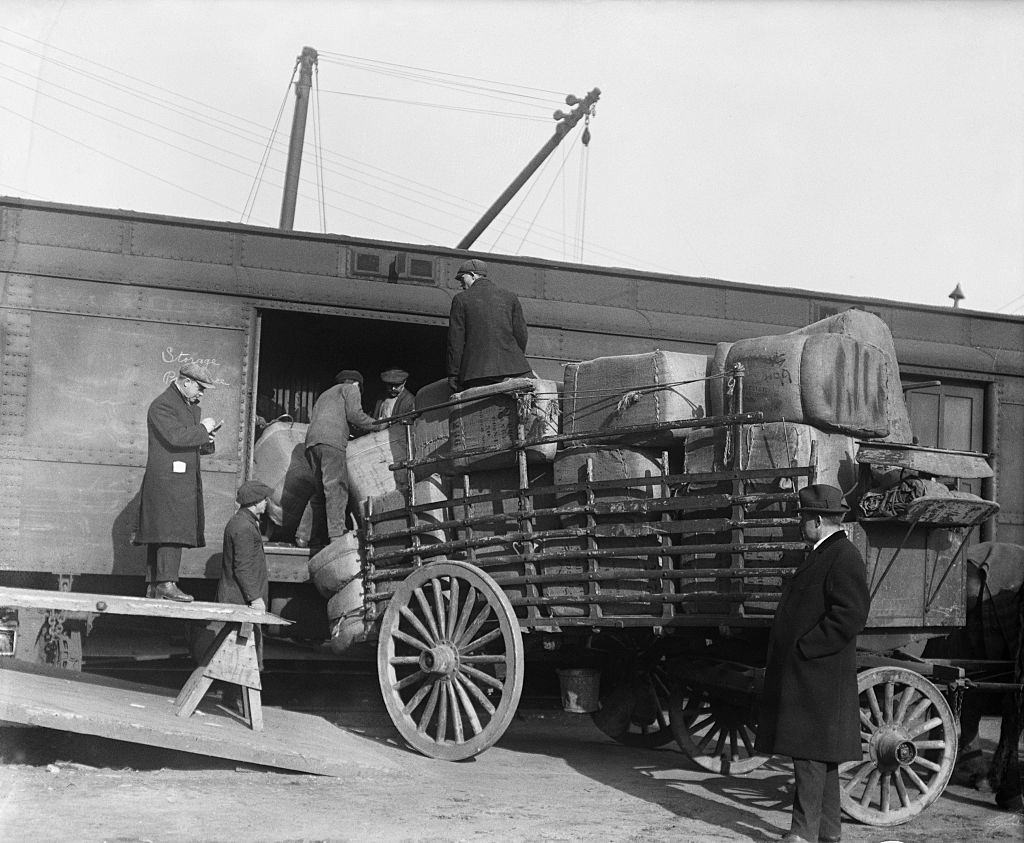
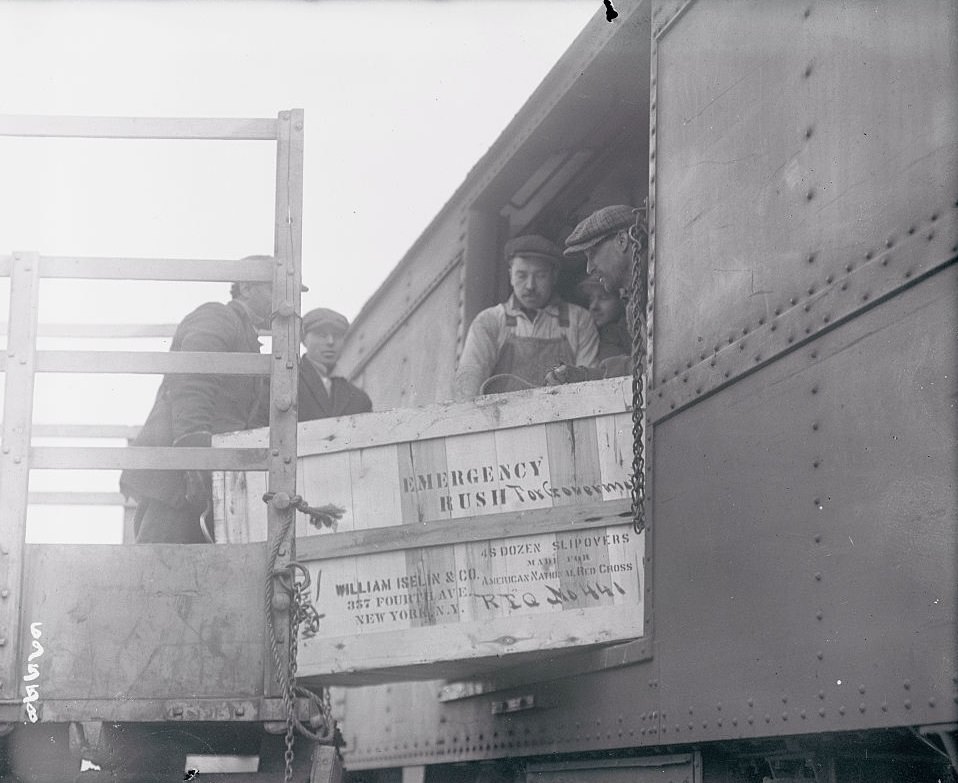
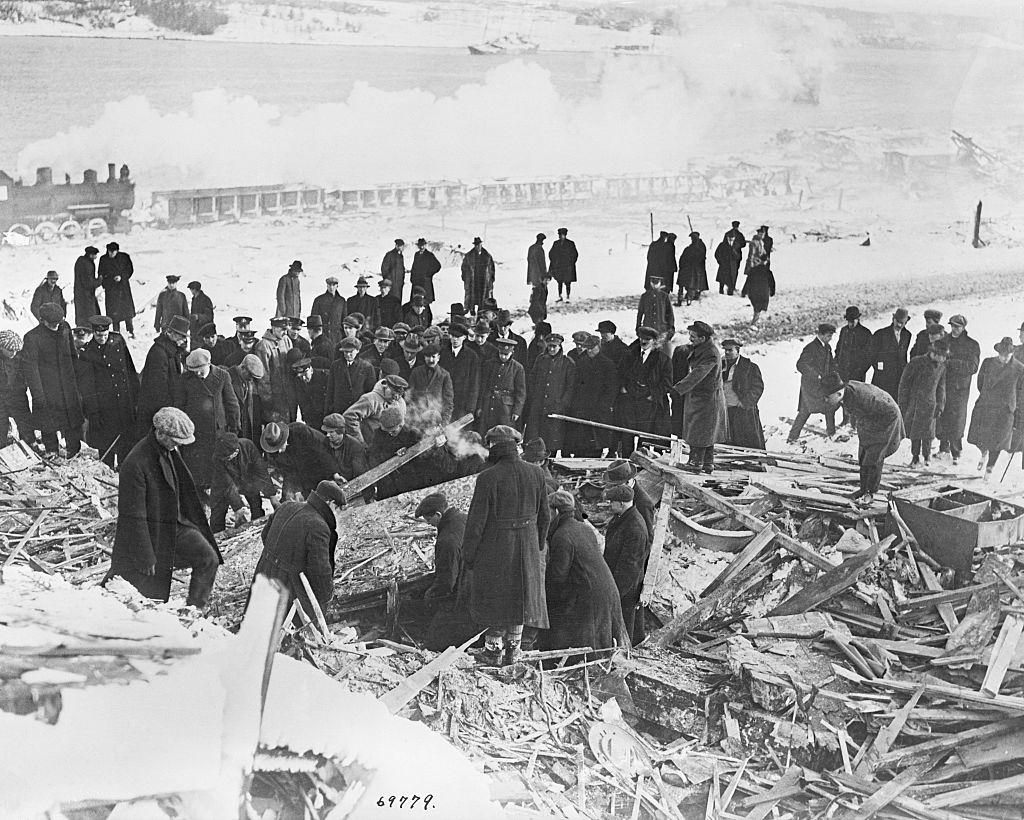
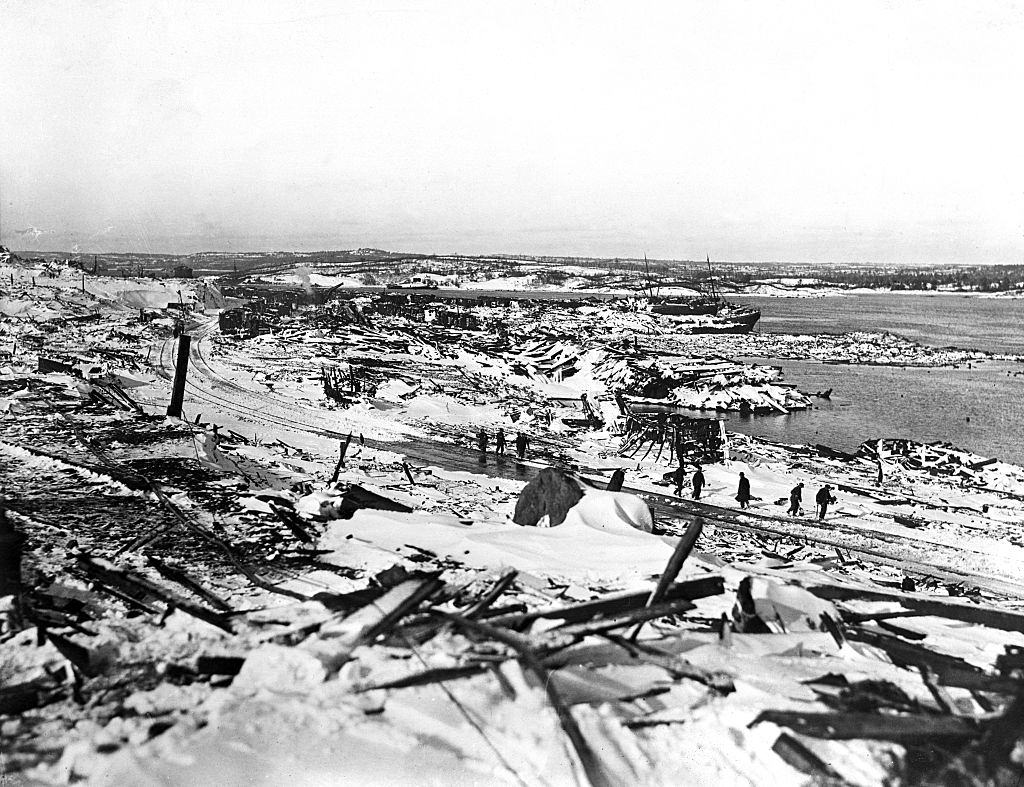
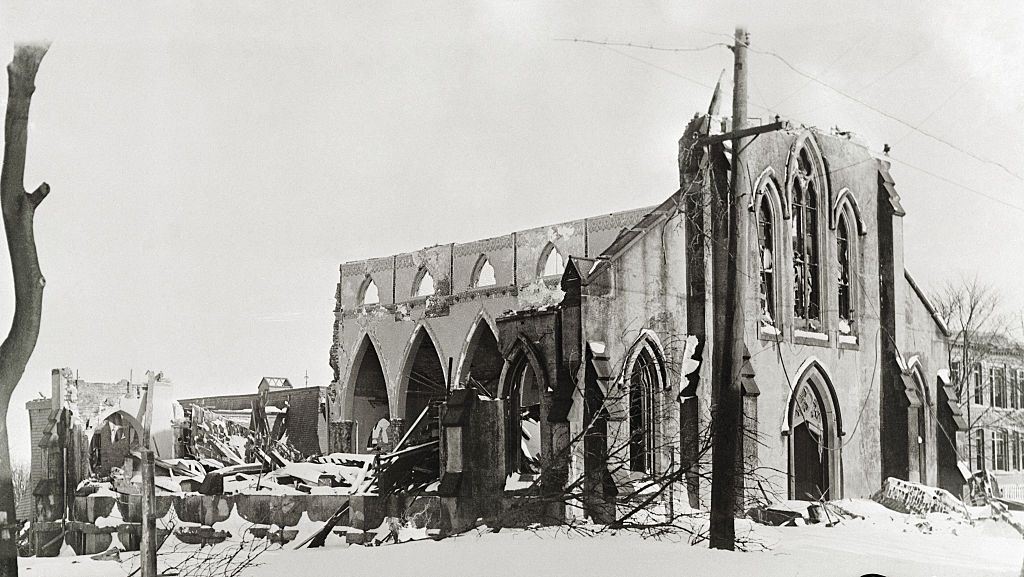
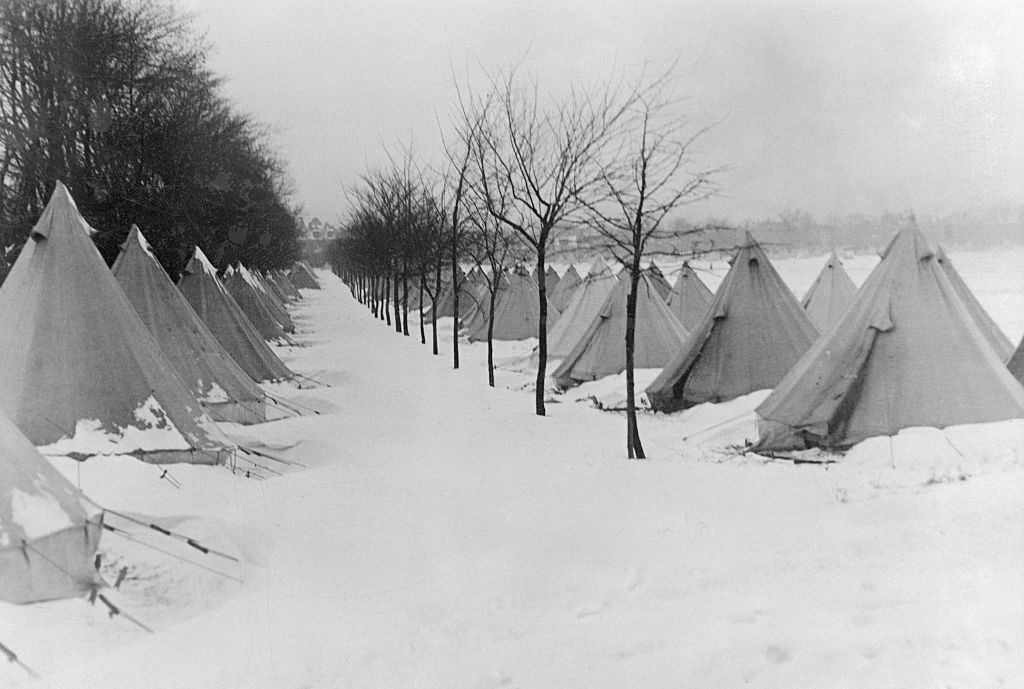
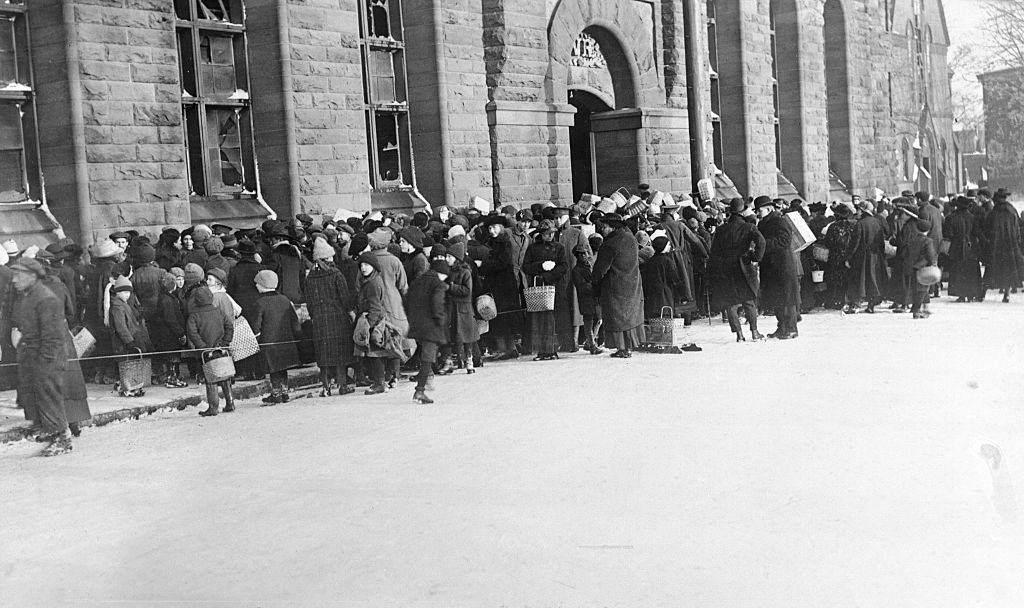
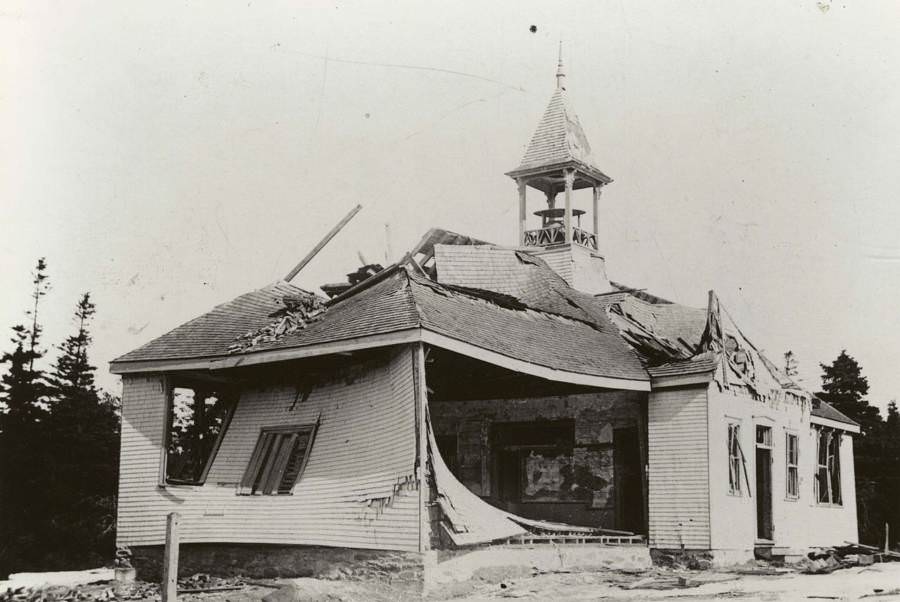
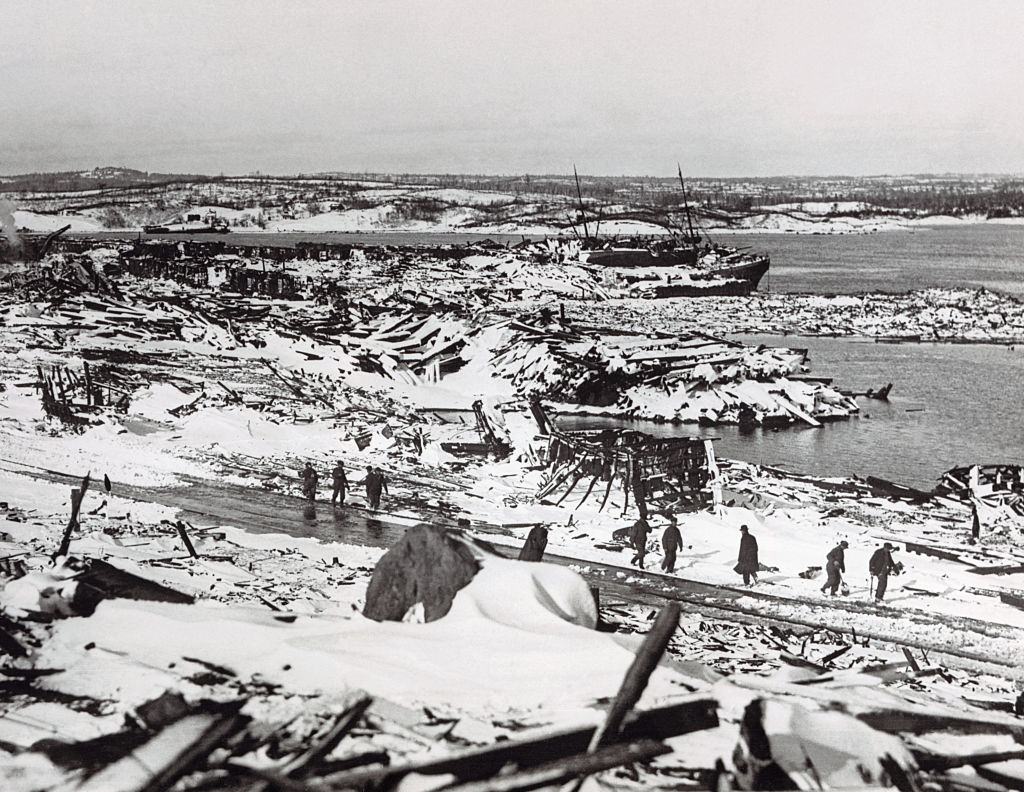
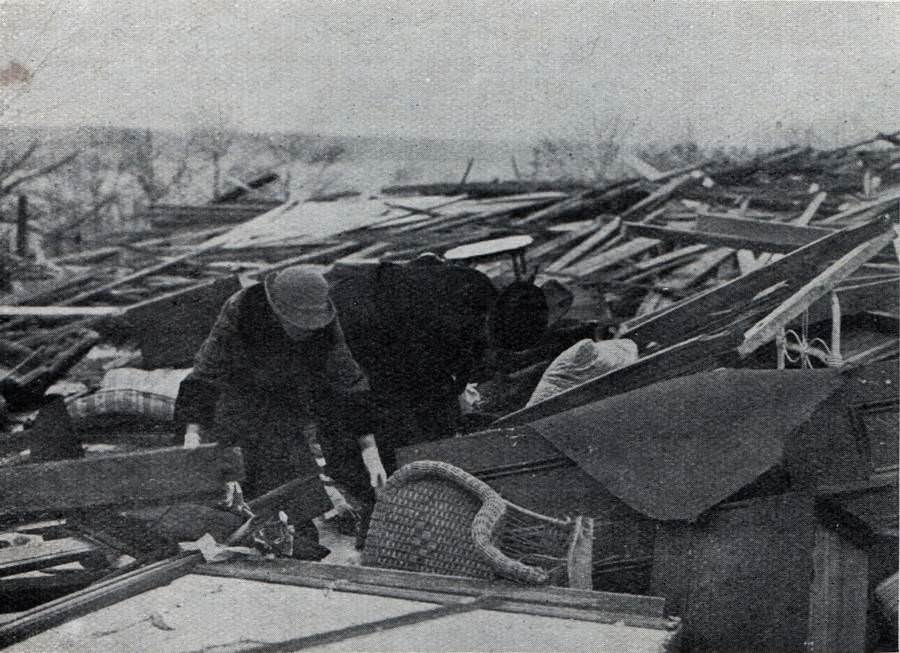
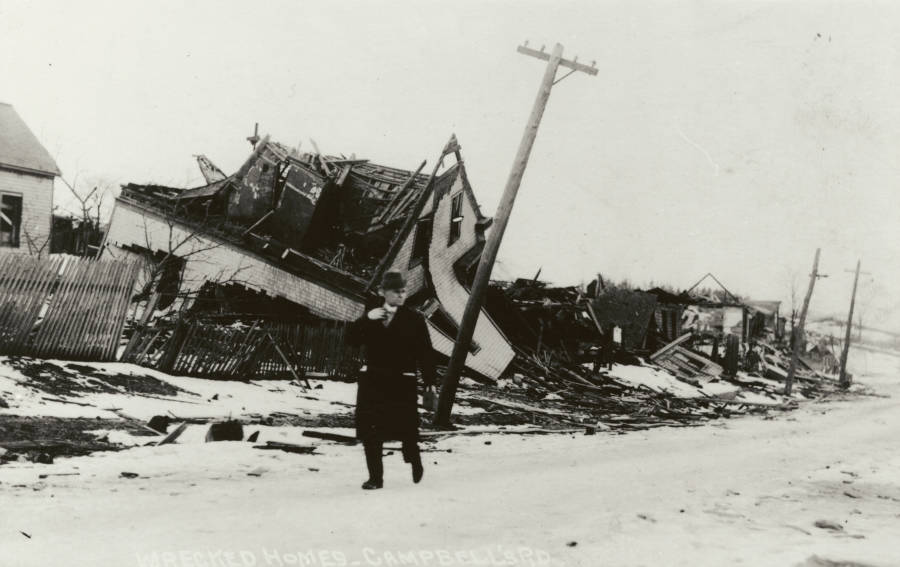
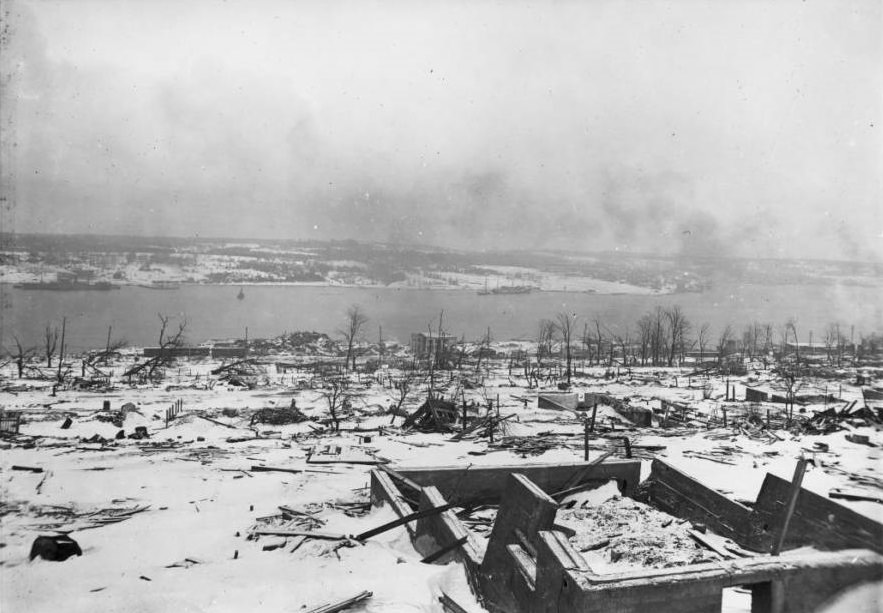
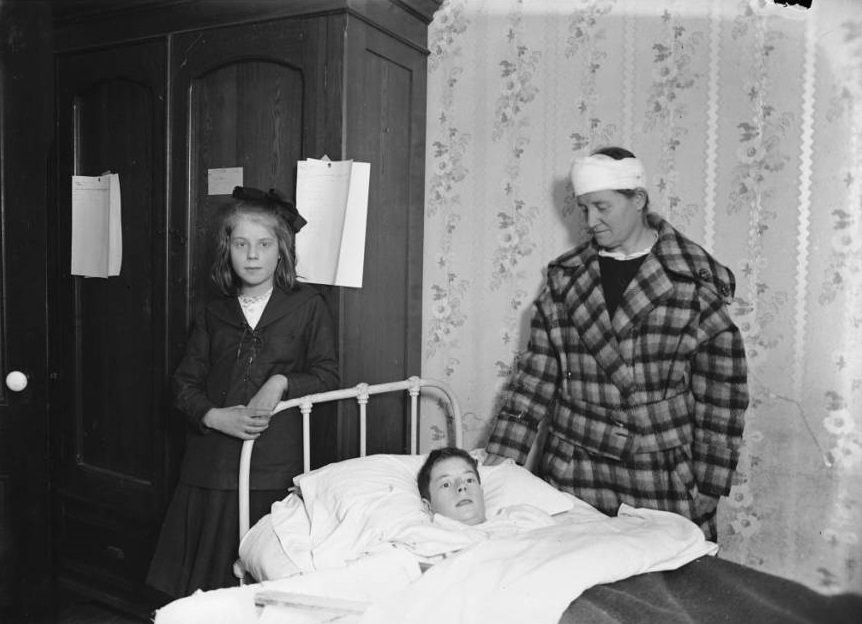
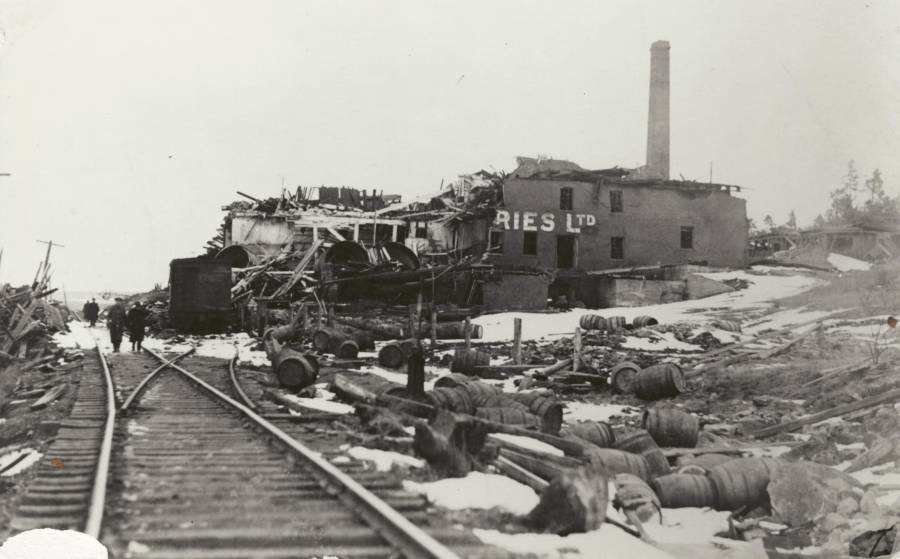

Boston sent up help after the explosion, and Halifax has since sent us giant Christmas trees to thank them.
It seems they first did it in 1918, then there was a gap until 1971 when they started doing it annually, but the point is they still do it, and I love that they do.
A radio operator called Vince Coleman warned an incoming train to stop despite knowing that it probably meant his death so that the death toll would have been much higher. In his last message, he said, “Hold up the train. There is a fire on the ammunition ship in the harbor. It’s going to explode. Bye, boys.” Not only did the warning stop the train, but it also alerted others and led to faster emergency response, saving more lives. He deserves to be remembered.
People on the streets died of the bitter cold. Frozen bodies were found on the streets. It was a terrible time in my city’s history. Steel pieces can still be found miles up the coast line from the explosion. A lot of them have been left as monuments.
I believe this was the largest explosion before humans developed nuclear weapons
They studied it while building the first nukes too
It is difficult to comprehend the hardships people faced: the First World War and the stress of losing loved ones, the Halifax explosion, the 1918 pandemic…
Here are some photos I hadn’t seen before.